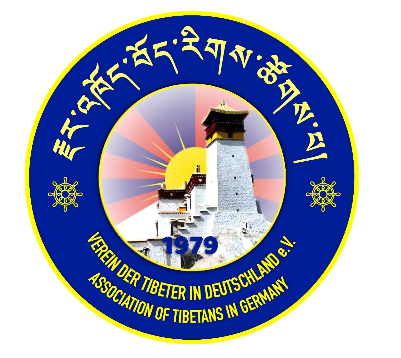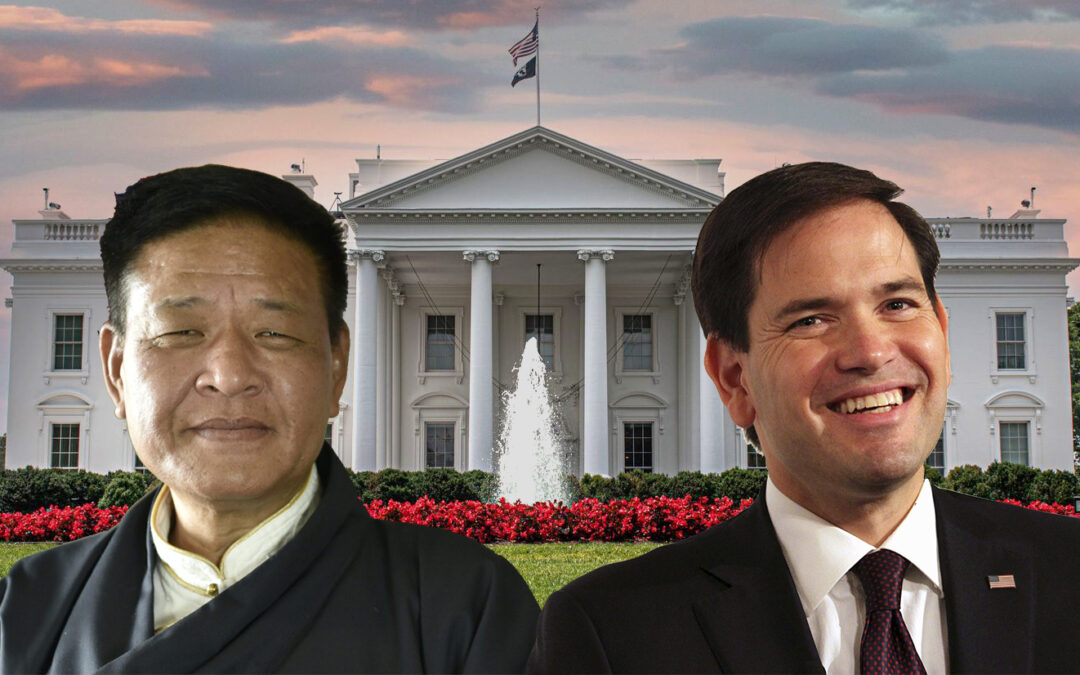US Secretary of State Marco Rubio has on Mar 31 announced the imposition of additional visa restrictions on Chinese officials involved in policies on access for foreigners to Tibetan areas under Chinese rule.
“For far too long, the Chinese Communist Party (CCP) has refused to afford US diplomats, journalists, and other international observers access to the Tibet Autonomous Region (TAR) and other Tibetan areas of China, while China’s diplomats and journalists enjoy broad access in the United States,” Rubio has said in a statement.
However, the statement did not name any Chinese officials and did not elaborate on the US measures.
Rubio has continued: “US diplomats are also unable to provide services to US citizens traveling in Tibet. This lack of reciprocity is unacceptable and will not be tolerated.”
He has urged China to allow diplomats, among others, “unrestricted access” to Tibetan areas.
China launched an armed invasion of Tibet right after the founding of the People’s Republic of China on Oct 1, 1949 and proclaimed its “peaceful liberation” in 1951 by compelling the Tibetan side to sign a 17-point agreement with threats of a bloody unilateral takeover if it refused.
While the US – like other countries – recognizes Tibet as part of China, its Congress recently passed a legislation, describing the Chinese invasion and occupation of Tibet as illegal under international law, and expressing support for a negotiated settlement of the issue.
The US Department of State has been outspoken in calling on China to respect human rights in Tibet, saying it “has repeatedly pressed Chinese authorities to respect religious freedom for all people and to allow Tibetans to preserve, practice, teach, and develop their religious traditions and language without interference from the government.”
The US also sanctioned six senior Chinese and Hong Kong officials on Mar 31, citing “transnational repression” and further erosion of Hong Kong’s autonomy in the Trump administration’s first major move to punish China for a crackdown on the financial hub.
Beijing responded by warning of “strong and resolute” countermeasures. “This is a gross interference in China’s internal affairs and Hong Kong affairs, and a serious violation of the principles of international law and the basic norms governing international relations,” rthk.hk Apr 1 quoted a statement from the Commissioner’s Office of China’s Foreign Ministry in Hong Kong as saying.
TibetanReview.net, April 1, 2025

